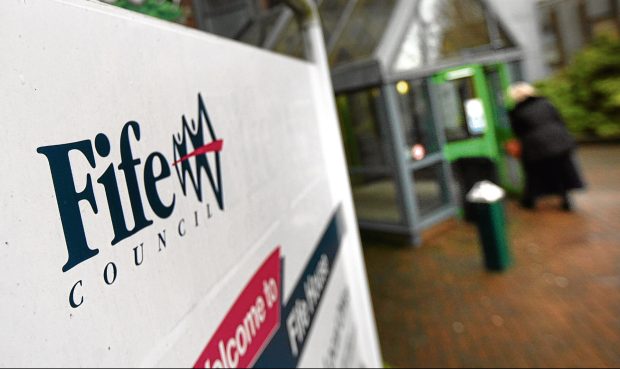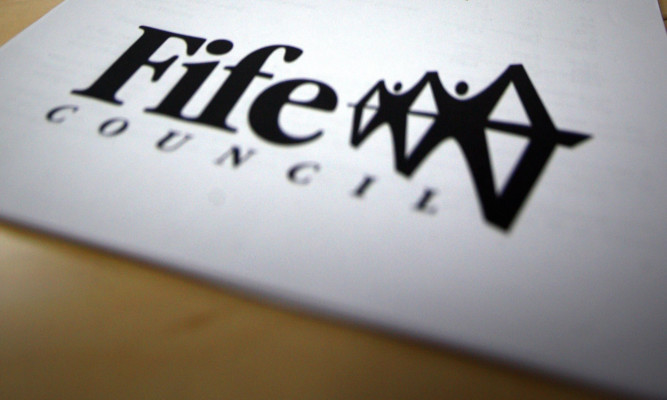Fife Council sickness rates are among the worst in Scotland, with staff absences now at record levels.
The local authority paid out £21 million in sick pay to workers who were off for an average of 13.2 days each in 2021-22.
However, absence rates worsened the following year, spiking at an average of 14.9 days – and they’re still rising.
Sickness among teachers – traditionally lower than other council employees – is also at its highest ever level.
Head of HR Sharon McKenzie said 25% of teacher absences were related to mental health and stress.
Overall, Fife now sits second bottom of a league table of Scotland’s 32 councils.
And in a bid to tackle the issue, it has set up a special attendance support unit (ASU) at the cost of £128,000.
The aim is to provide support to staff who are unwell and help them get back to work more quickly.
Growing pressure on Fife Council staff impacts absences
Ms McKenzie said the rising sickness rate comes at a time of growing pressures on staff.
Financial belt-tightening, increasing demand on services and staff absences are all taking their toll, she said.
And she added NHS treatment backlogs and increased infections following the pandemic have impacted long-term absences.
“Musculoskeletal issues and stress feature across all parts of the organisation, ” she said.
Fife Council is doing everything it can to support struggling staff, she added.
And it is also analysing the approach taken by other local authorities.
“Attendance and wellbeing is not just part of the agenda for Fife, it’s high on the agenda for every council in Scotland,” Ms McKenzie said.
“Some councils are doing as badly as we are and the differences between councils are actually quite small.”
Taking a preventative approach
The Fife ASU began work last week and is looking at taking a consistent approach to illness across the organisation.
Action already being taken includes referrals to counselling and physiotherapy.
And a physical health and wellbeing trial with Fife Sport and Leisure Trust is being introduced.
“We’re trying to be proactive and have a preventative approach so managers and supervisors are able to spot individuals who may be struggling,” Ms McKenzie said.
“We’re trying to head off problems before they emerge, making sure we follow through when someone remains off sick and supporting them back to work.
“Obviously we’re making a significant investment in the ASU and we’ll continue to keep an eye on how that settles down over the first six months.”













Conversation